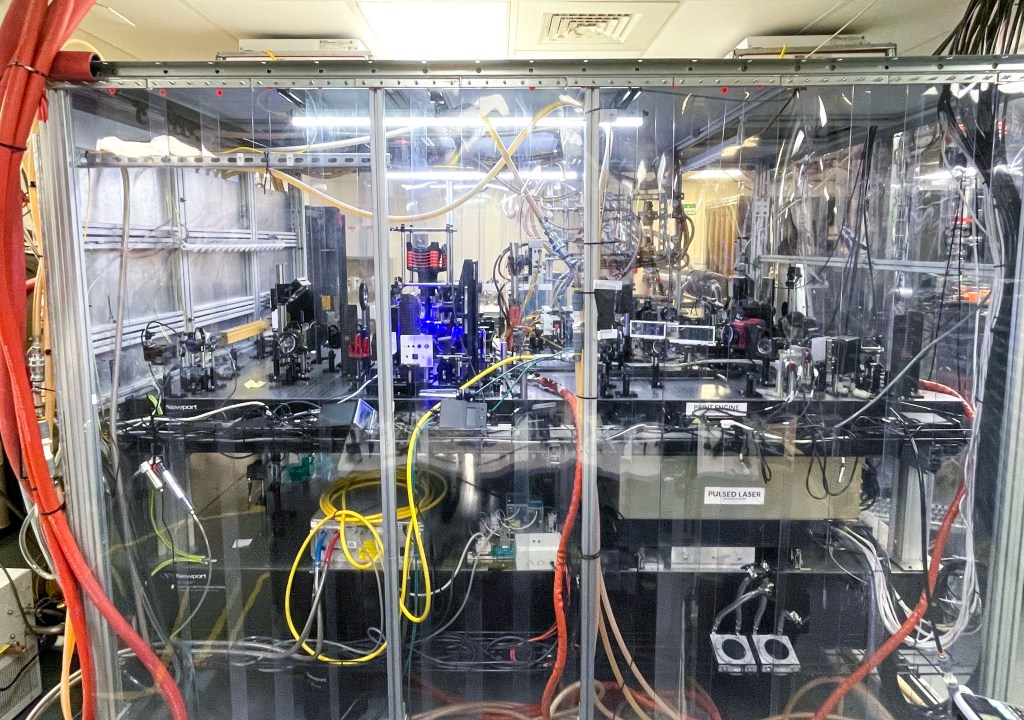Why your ESG report isn't enough
We live in the era of the ESG report, but companies must go beyond it to effectively tell their sustainability stories. Read More
Is the IRA trying to do too much?
The nation’s historic climate law is packed full of goodies. Are some of those goals cutting itself short? Read More
Understanding the barriers to regenerative agriculture on Native land
The Environmental Defense Fund and the Intertribal Agriculture Council are working on a three-year study with Native American ranchers that will track costs, loan terms and soil carbon improvements. Read More
Microsoft CSO: We can’t do this alone
Melanie Nakagawa reveals how the software giant is stepping up its support of policies, partnerships and innovations to clean up the electric grid — in the U.S. and abroad. Read More
A tipping point for 3D metal printing?
Siemens Energy and Seurat Technologies have a new formula for the decarbonization math of additive manufacturing. Read More
Material transparency: The missing link for scaling circularity
Sponsored: Product manufacturers looking to implement circularity should look at their material transparency as the key first step in reaching their circular goals. Read More
United Airlines sets target to triple sustainable fuels use in 2023
The airline announces plans to use sustainable fuels for flights from both San Francisco and Heathrow Airports. Read More
Chevy’s dead Bolt locks door to fleets, consumers
The demise of the Chevy Bolt leaves a hole in the marketplace and raises questions about EV transition. Read More
How universities can help fill the climate jobs gap
Universities can be on the forefront of upskilling the next generation workforce on sustainability, if they move quickly. Read More
This clean energy hack serves Scope 3 goals and small buyers
Sponsored: Small to mid-sized entities can team up and buy renewable energy through Virtual Power Purchase Agreement (PPA) aggregations, which large companies can also use to extend renewable energy benefits to small suppliers. Read More









